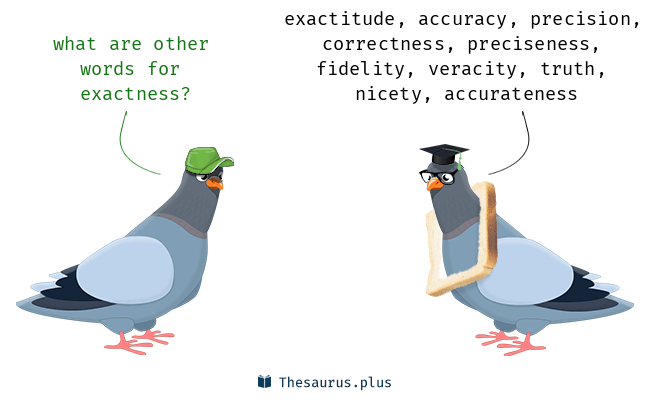
If you’ve read some of my material through the years, you know that most of my reading centers on hermeneutics, exegesis, and theological studies. The reason is because I put a premium on those topics in the context of my preaching and teaching homiletics. The reason is because I value their contribution over most, purely homiletical writings. The reason is because of my conviction that precision is more important than presentation.
[Caveat: however, I work hard at both precision and presentation and realize that poor preaching can eclipse the exegetical/theological precision used in the sermon development stage.]
Last week I began reading, Biblical Reasoning: Christological and Trinitarian Rules for Exegesis, by R. B. Jamieson and Tyler R. Wittman.
Chapter 3 contains an interesting discussion of “Scripture’s Exactness” (p. 50). The section begins:
“Early Christian interpreters often spoke of Scripture’s ‘exactness’…to underscore divine teaching’s intentionality, reliability, and attention to detail” (p. 50).
The authors explore two implications of this concept.
First, God chooses His words very carefully. This is especially important when considering how many different authors, styles, and genres are in Scripture. God chooses those words very carefully (you will, no doubt, read this through the grid of your own view of inspiration).
Second, and I will quote them here, “what is taught carries a degree of precision that we must grasp” (p. 51).
Therefore, during sermon development it is important that I pay close attention to the words God uses to reveal Himself and His plan for His people. I cannot be a lazy reader, but a close reader of Scripture. That will serve my faith-family well as I prepare to read with them each Sunday.
The second implication for preaching is that, by God’s grace and the Spirit’s enablement, my precise understanding of Scripture must match Scripture’s precision. That almost always requires me and you to paraphrase and restate what God is saying precisely. That means you and I must choose our words and illustrations very carefully to be as precise as we can be. An example is our use of the word, trinity, or nature, words which may not be found in Hebrew, Aramaic, or Greek.
Anyway, I hope you get a taste of how a doctrine such as Scripture’s exactness affects our preaching. May our contemplation of God’s inspired revelation and its implication result in God receiving glory in the church and in Christ Jesus (Ephesians 3:21).
Randal


This was great. I agree. Our understanding of God’s Word must match Scripture precision and when God gives us an opportunity to preach/teach we have to be careful that what we are saying is precise and true as to not lead people astray.